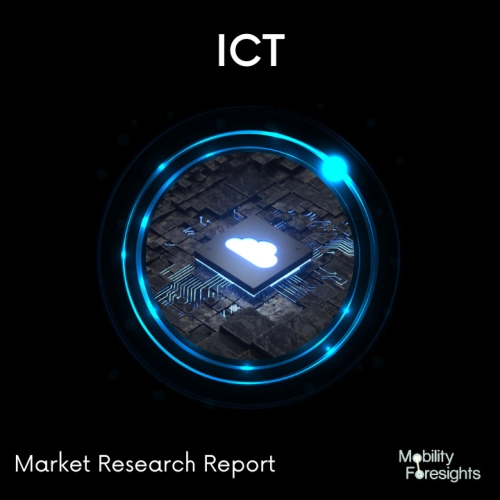
- Get in Touch with Us

Last Updated: Apr 25, 2025 | Study Period: 2023-2030
Computer vision is an interdisciplinary scientific field that studies how computers can learn to understand digital images or videos at a high level. From the standpoint of engineering, it seeks to comprehend and automate tasks that the human visual system is capable of performing.
Methods for acquiring, processing, analysing, and comprehending digital images, as well as the extraction of high-dimensional data from the real world in order to produce numerical or symbolic information, are examples of computer vision tasks.
Cameras are used to collect visual data, machine learning models are used to process the images, and conditional logic is used to automate application-specific use cases. Edge intelligence, or the deployment of artificial intelligence to edge devices, facilitates the implementation of scalable, efficient, robust, secure, and private computer vision implementations.
By embedding cloud vision capabilities in your apps, you can improve content discoverability, automate text extraction, analyse video in real time, and create products that more people can use.
Label content with objects and concepts, extract text, generate image descriptions, moderate content, and understand people's movement in physical spaces using visual data processing. There is no need for machine learning expertise.

The Global Computer Vision Mobile Apps market accounted for $XX Billion in 2022 and is anticipated to reach $XX Billion by 2030, registering a CAGR of XX% from 2023 to 2030.
Google Lens can scan a plant or animal with your camera and give you its full name in seconds. You can automatically translate words and signs in an unfamiliar language while travelling abroad, scan posters, business cards, and billboards, and transfer long texts directly into your smartphone, among other things.
Aipoly Vision is a less popular app with similar functionality to Google Lens. It was created with the primary goal of assisting anyone who has difficulty seeing or recognising things around them. Anyone who is visually impaired can now use Aipoly Vision to quickly identify what is around them. Artificial intelligence technology uses the camera to automatically identify objects and creatures in the lens and repeat the name aloud.
Quiver is an unusual app that does not use computer vision just to identify and recognise objects. You can use this app to create your own colouring pages and have them come to life after you finish colouring them.
You can visualise anything that was previously a flat image on your screen using augmented reality technology. You can create your own characters, heroes, objects, and more in Quiver, then release them into the real world.
| Sl no | Topic |
| 1 | Market Segmentation |
| 2 | Scope of the report |
| 3 | Abbreviations |
| 4 | Research Methodology |
| 5 | Executive Summary |
| 6 | Introduction |
| 7 | Insights from Industry stakeholders |
| 8 | Cost breakdown of Product by sub-components and average profit margin |
| 9 | Disruptive innovation in the Industry |
| 10 | Technology trends in the Industry |
| 11 | Consumer trends in the industry |
| 12 | Recent Production Milestones |
| 13 | Component Manufacturing in US, EU and China |
| 14 | COVID-19 impact on overall market |
| 15 | COVID-19 impact on Production of components |
| 16 | COVID-19 impact on Point of sale |
| 17 | Market Segmentation, Dynamics and Forecast by Geography, 2023-2030 |
| 18 | Market Segmentation, Dynamics and Forecast by Product Type, 2023-2030 |
| 19 | Market Segmentation, Dynamics and Forecast by Application, 2023-2030 |
| 20 | Market Segmentation, Dynamics and Forecast by End use, 2023-2030 |
| 21 | Product installation rate by OEM, 2023 |
| 22 | Incline/Decline in Average B-2-B selling price in past 5 years |
| 23 | Competition from substitute products |
| 24 | Gross margin and average profitability of suppliers |
| 25 | New product development in past 12 months |
| 26 | M&A in past 12 months |
| 27 | Growth strategy of leading players |
| 28 | Market share of vendors, 2023 |
| 29 | Company Profiles |
| 30 | Unmet needs and opportunity for new suppliers |
| 31 | Conclusion |
| 32 | Appendix |